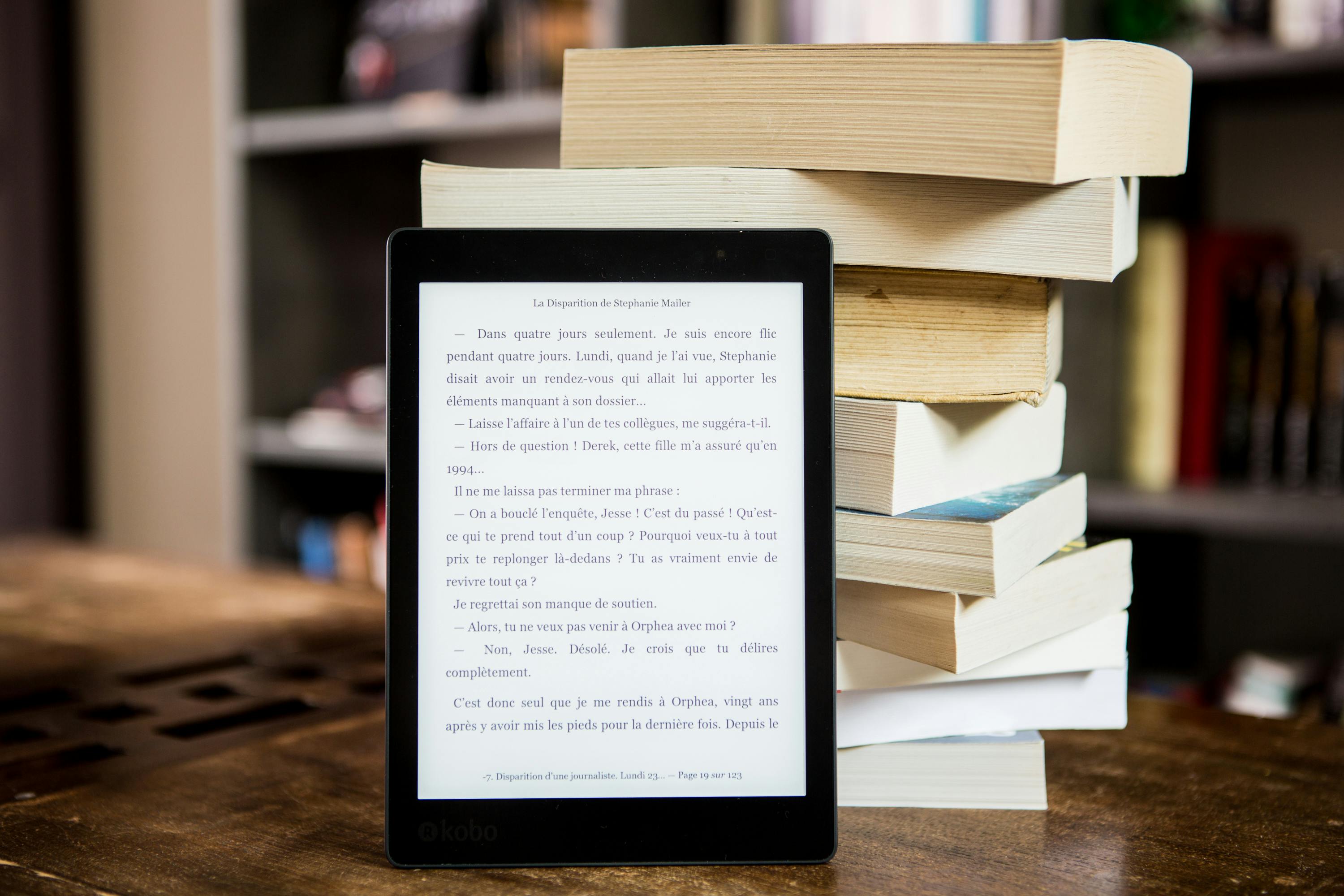The endless shelves that fit in a pocket
A library once meant rows of oak shelves and the faint smell of paper in the air. Now it is a quiet glow on a phone screen or a laptop at the kitchen table. The experience is different but the feeling is not lost. Readers still chase stories at midnight or look up a fact when a conversation takes a turn. The shelves are endless and the weight of the books is gone. And when quick access to information is needed, Z library is the answer.
This shift is not only about convenience. It changes the way reading fits into daily life. A walk in the park can turn into a study session. A bus ride becomes a window into another century. The library does not close its doors and no sign hangs on the wall saying “open from nine to five”. That makes books feel more alive and closer than ever before.
Choices wider than the ocean
The joy of browsing is not lost in this world. It takes a new shape. Instead of walking along a corridor of tall shelves the eye scans a list on a screen. Titles appear in seconds. A reader can move from an old philosophy text to a modern thriller without leaving the couch. The reach is wide and the collection deep. Some call it a buffet for the curious.
With this reach comes a certain intimacy. Readers form their own rituals. Some build digital shelves sorted by theme. Others dive into rare editions and compare translations of the same story. It is a habit that grows naturally because there is always something waiting. Even the quiet readers who once felt out of place in crowded halls find comfort in this private space. The range of material means no one is left out.

To understand the full strength of this shift it helps to look at a few stand out qualities:
- A library that follows everywhere
Access is not tied to a city or a country. It follows a traveler across borders. On a night train through Europe or a beach in Asia the same page is open. That sense of connection is hard to match. The library acts like a loyal friend ready to tell a story at any hour. This portability shapes how people form habits around books and makes reading less fragile in a world full of distractions.
- A chance to discover forgotten voices
A physical library has limits. Walls only stretch so far. A digital one holds works that fell out of print long ago. A poet whose book never saw a second edition finds a place on a modern shelf. This makes the act of reading feel like an excavation. Each click can bring up a hidden gem and keep a voice alive that might have faded away. That mix of old and new enriches the reading journey.
- A tool that grows with the reader
Tastes shift over time. A reader who once loved fantasy might lean toward memoirs later in life. A library that adapts makes this shift smooth. Lists update recommendations evolve and the search feels personal. This creates a dialogue between the library and the reader. It feels less like using a tool and more like carrying on a long conversation that changes as life changes.
What all these qualities share is the ability to turn reading into a more fluid and personal act. The library no longer waits behind a desk. It meets the reader halfway.

The quiet power of community
There is more to these collections than private reading. They carry the whispers of countless other readers. Reviews notes and shared lists turn into a chorus. This does not drown out the individual voice. Instead it gives it company. A reader who feels a connection to a novel from another continent knows that others felt the same pulse. That bond matters.
Some readers find that Z-lib makes this bond even more visible. Its presence is not only about size but about the way it gathers people around shared interests. When readers dip into its shelves they see echoes of others who looked for the same thing. That awareness of being part of a quiet community brings comfort and sparks curiosity.
A future written in digital ink
What comes next is not easy to predict. Technology keeps shifting. Devices change shape and networks get faster. What remains steady is the hunger for stories. That hunger ensures that libraries will keep evolving but not losing their soul. They will keep serving the same purpose they always did. To hand over knowledge and imagination with no strings attached.
This dream of boundless shelves might feel new but it carries the same old promise. A book is still a door. The only difference now is how quickly that door can open.


